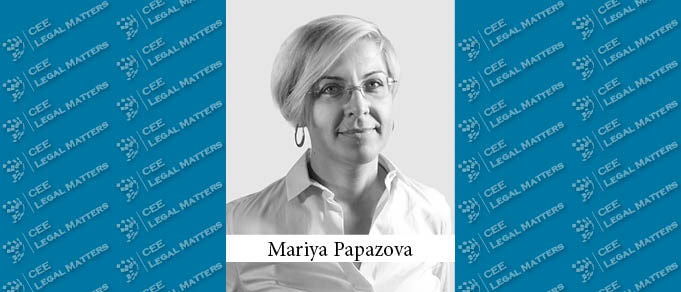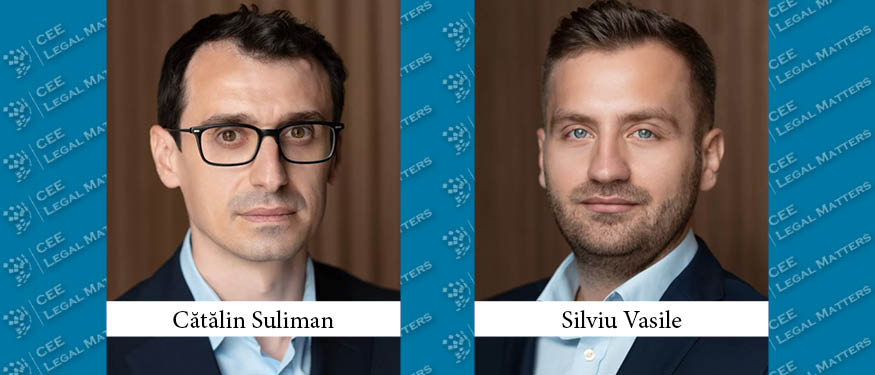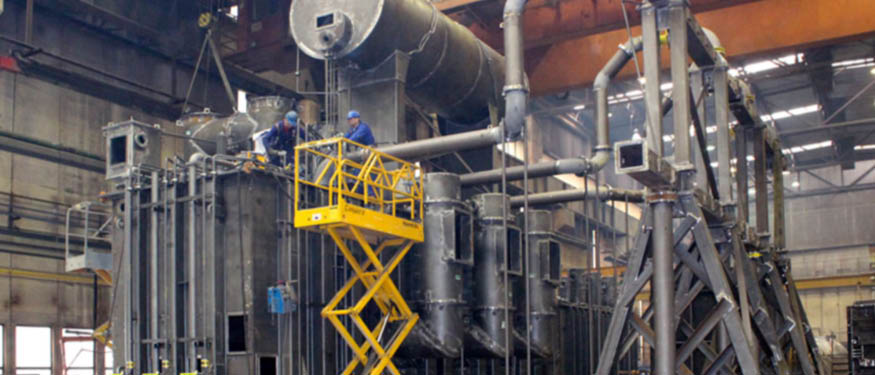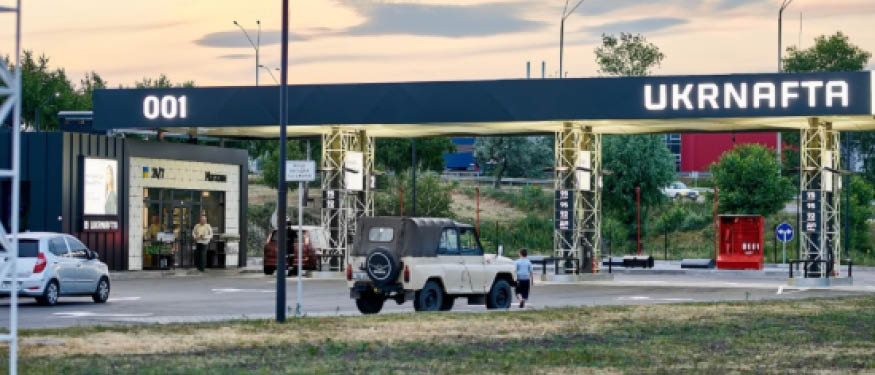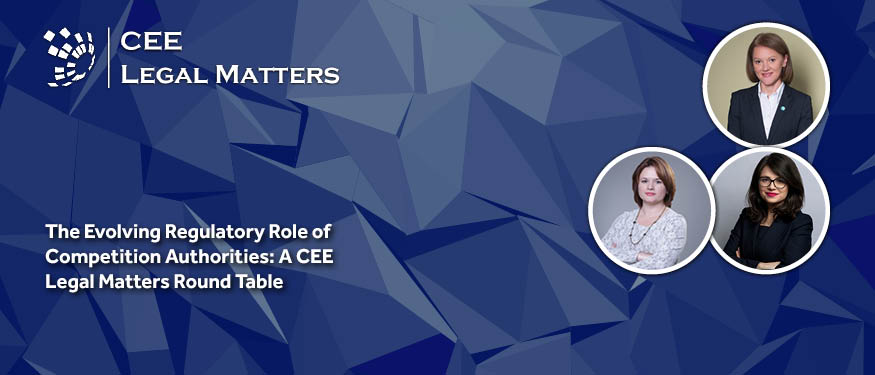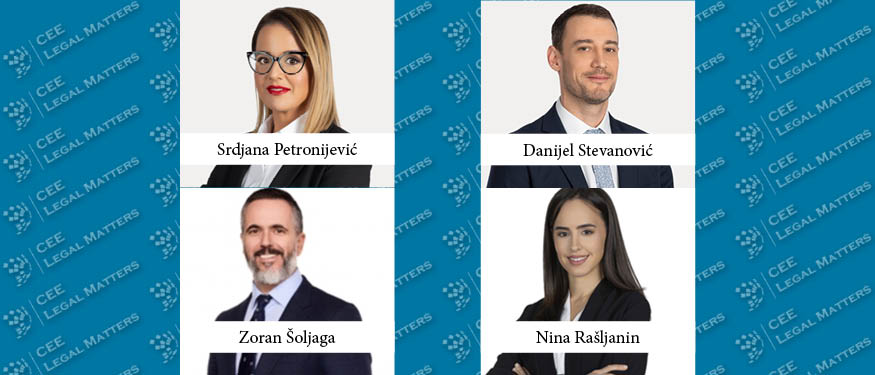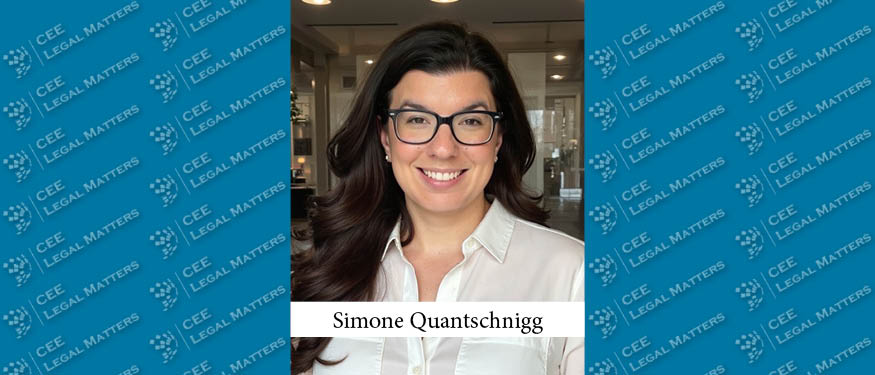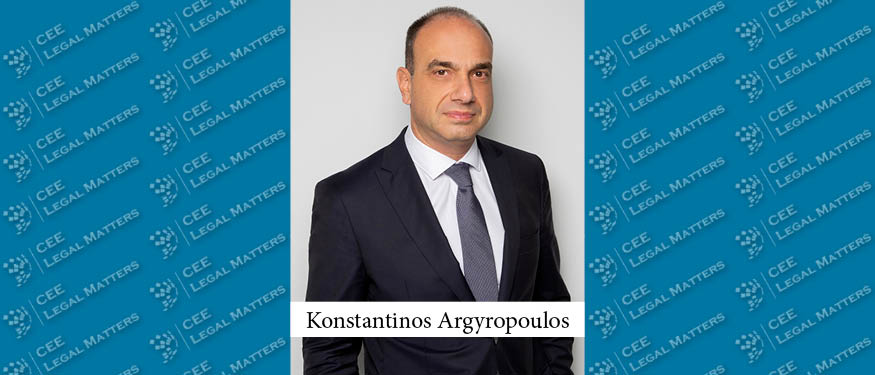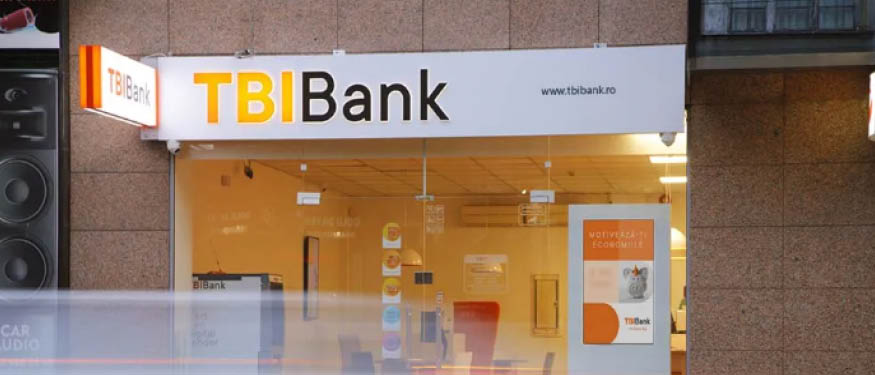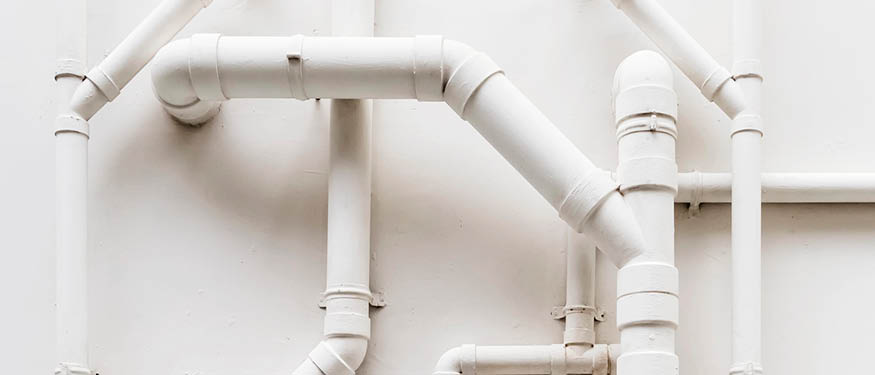At the beginning of each year Bulgarian Competition Protection Commission announces (the “CPC”) its priorities. The priorities for 2025 do not differ very much from those set in the previous years and show consistency.
The Year 2024 in Competition and What to Expect in 2025
In terms of competition, the year 2024 was marked by 2 important milestones – the first part of the year, until the appointment of the new Plenum of the Competition Council, during which the authority focused on finalizing some internal issues (rulings and other procedural matters), and the second part of the year, when the new Plenum of the Competition Council started its activity, showing the first signs of the strategy for the next two and a half years.
DTB Advises on Koncar-Siemens Energy Joint Venture Competition Clearance
Divjak, Topic, Bahtijarevic & Krka has advised on the concentration notification for a joint venture between Koncar and Siemens Energy Group, resulting in the formation of Koncar - Transformatorski Kotlovi.
Nechala & Partners Successful for Zdruzenie Realitnuch Kancelarii Slovenska and BackOffice in Competition Case
Nechala & Partners has announced it successfully represented Zdruzenie Realitnuch Kancelarii Slovenska and software provider BackOffice in their complaint before the Slovak Antimonopoly Office regarding United Classifieds.
Avellum Secures Unconditional Merger Clearance for Ukrnafta-Shell Transaction
Avellum has advised Ukrnafta on obtaining approval from the Antimonopoly Committee of Ukraine for the acquisition of Shell’s Ukrainian business – a network of petrol stations.
The Evolving Regulatory Role of Competition Authorities: A CEE Legal Matters Round Table
On January 16, 2025, competition experts from Moldova, North Macedonia, and Romania, sat down for a virtual round table moderated by CEE Legal Matters Managing Editor Radu Cotarcea to discuss the evolving role of the regulatory authorities in their countries.
Serbian Competition Commission Submits Four Draft Proposals to Government for Block Exemption Regulations
On 21 January 2025, the Serbian Commission for Protection of Competition submitted draft proposals to the Government for four new regulations concerning the exemption of certain categories of agreements from the prohibition of restrictive agreements.

